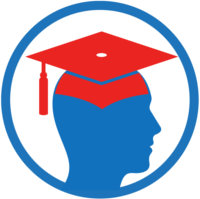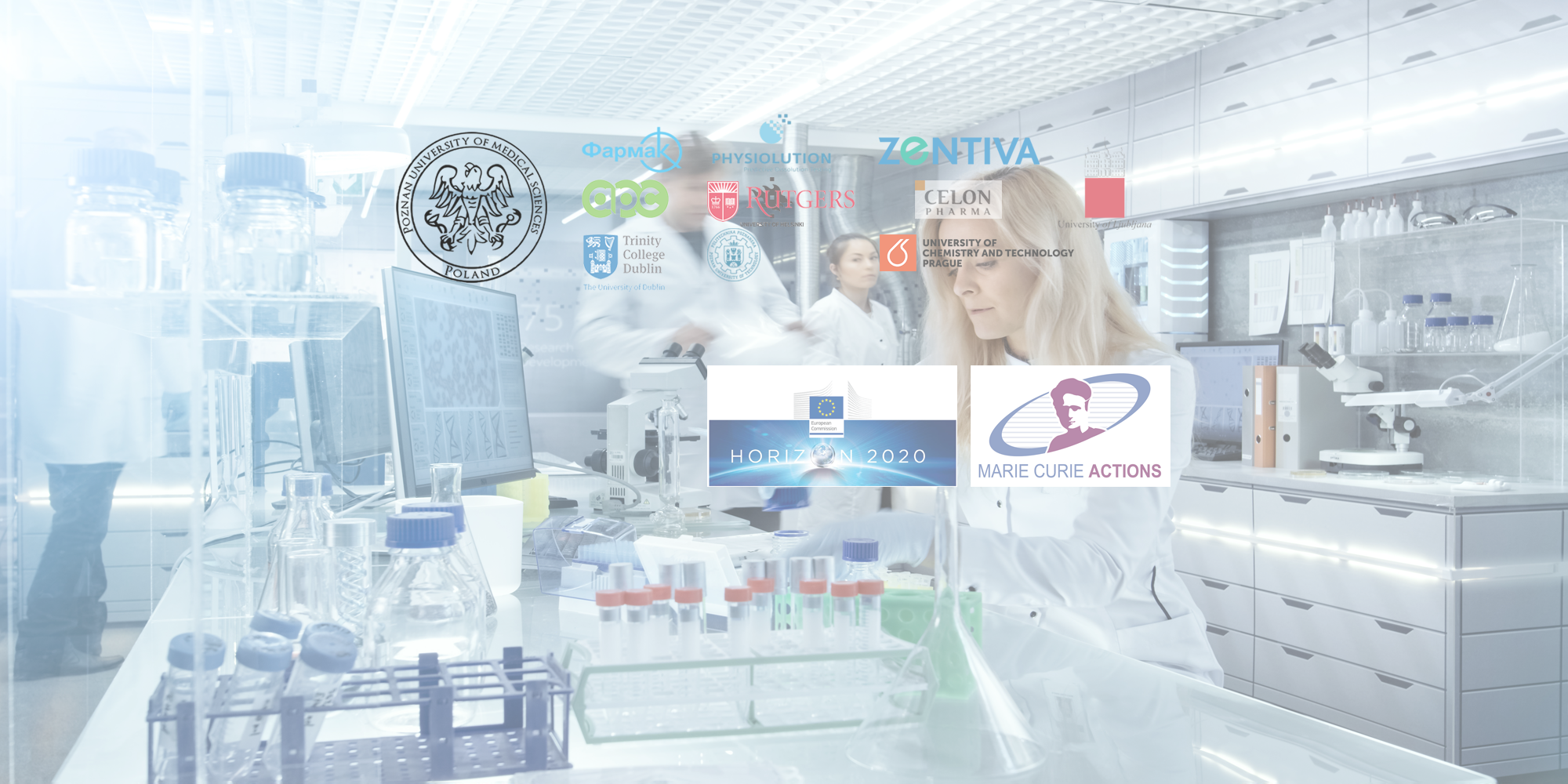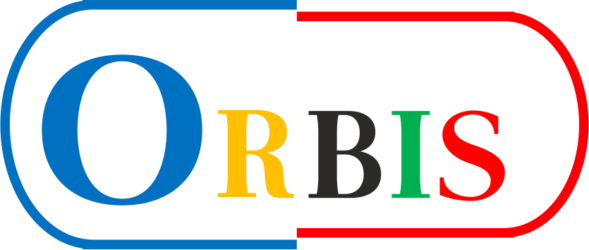
Work Package 4
Training
The primary goal of this WP4 is to support career development and employability of academics and industrial employees by enhancing their skills and expertise, as well as increasing the competence of pharmaceutical R&D sector. Specific objectives include: a) upskilling of ESRs by intersectoral and/or international secondments; b) knowledge transfer and skill implementation through reintegration of the seconded ESRs/ERs into the work of the sending institution; c) training activities and events (workshops, summer schools, webinars etc.)
To recognise the importance of teaching and learning of new skills in an intersectoral/international environment as complementary and parallel to research activities, a separate training workpackage, WP4, was created to specifically support the participation of ESRs in this action. WP4 is divided into two areas of activity, training during secondments and supporting events and activities. Secondments will give ESRs a chance to develop project specific skills and enhance their knowledge in the chosen research area. As such, secondments training will span thematically across WP1-WP3. Specific tools, methods and techniques taught and learned will depend on the expertise of the hosting partner and the particular project involving the seconded ESR. Reintegration of the seconded staff into the work of the sending institution will be crucial for knowledge transmission and skill implementation. The expertise gained during secondments will serve as a base for further internal training at sending universities and companies, translating into proficiency in that given area of training in the pharmaceutical R&D sector.
In addition to the project and work package-specific training, secondments will be a valuable opportunity to develop soft skills of paramount importance for employability and innovation-driven economy. Due to intersectoral and transnational character of the secondments exchange, ESRs will learn to work and cooperate in a multicultural and interdisciplinary environment. ESRs will enhance their practical skills in preparing grant applications, as well as various forms of scientific and professional communication: writing quality publications and public presentation of research results by different means of dissemination. Academic ESRs will also have the chance to learn about commercialisation and patenting, which in the long perspective may boost innovation-based businesses.
Summer Schools will be organised on annual basis (four in total) for all participants and responsibility for organising the events will be circulated. It is envisaged that those grand annual events will boast a number of external high-profile researchers and industrial members invited as speakers, generic and specific skills workshops, hands-on demonstrations of the partners’ capabilities and networking opportunities. This is to ensure inclusivity, showcase ORBIS and to broaden the network. All participants of ORBIS will be collectively responsible for assembling the programme of the annual events ensuring that an appropriate balance of academic and industrial topics is covered and also for organising the social programme. Annual workshops are another activity to support collaboration within the project – those will be smaller events and will specifically discuss outcomes of secondments, collaborative research and future steps.
It is an inherent property of the RISE action that deep and genuine collaboration between academia and industry takes place. It is therefore expected that strategic partnerships with industry going beyond the lifetime of ORBIS will be made and sustained. Commercial knowledge exchange will be an exciting learning especially for the seconded staff coming from academia to industry and will greatly improve employability of e.g. postgraduate students.

